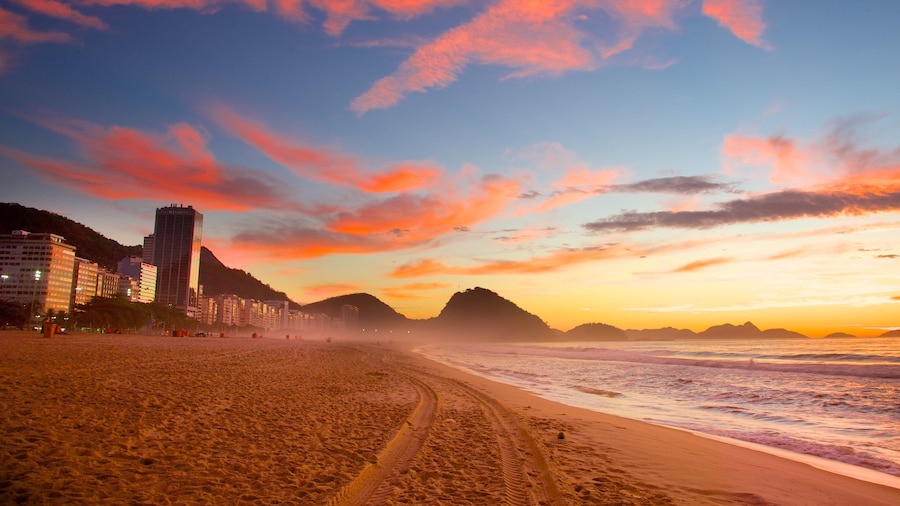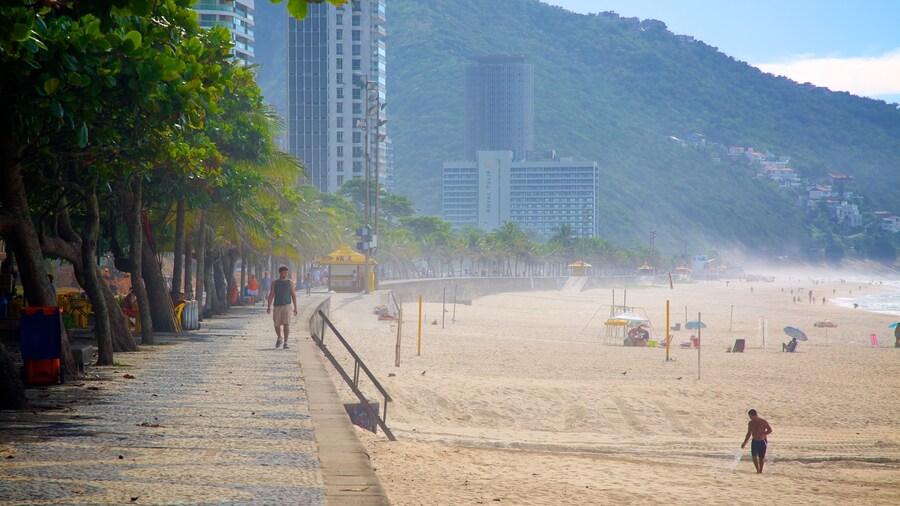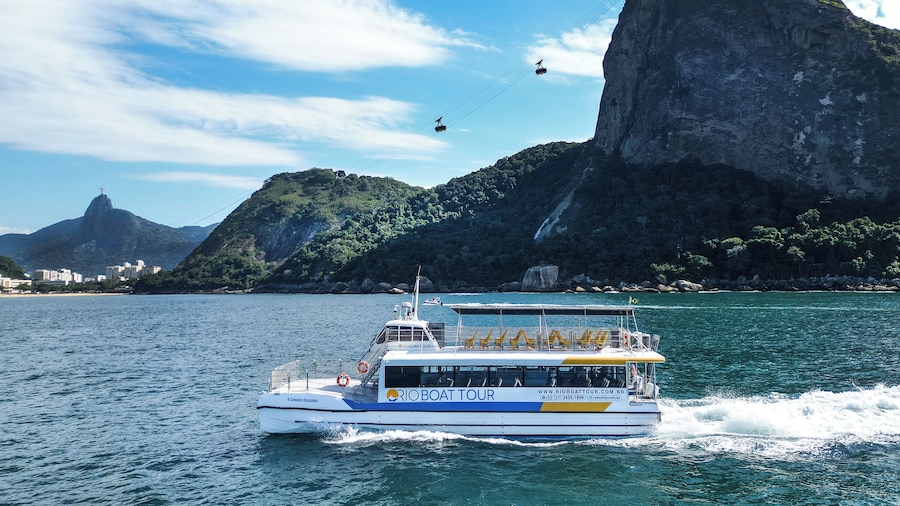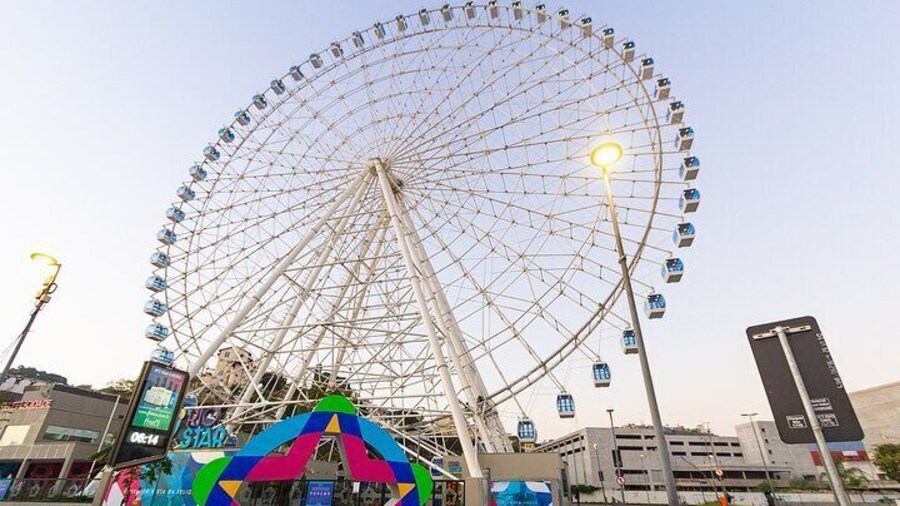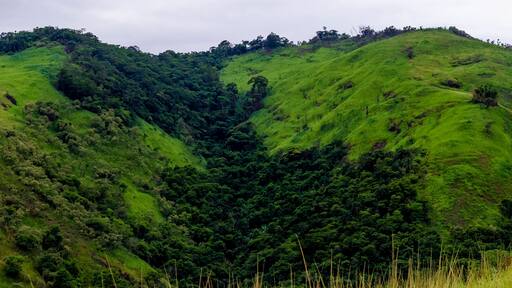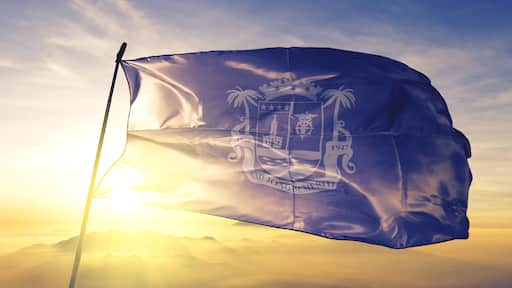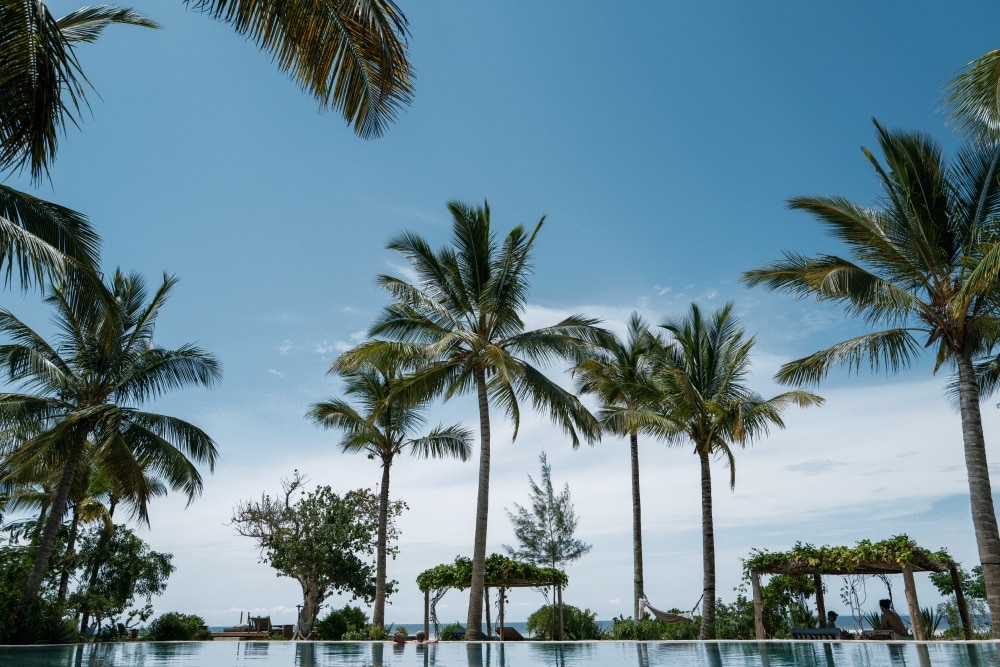The stunning scenery, vibrant atmosphere and year-round heat will ensure that you have the holiday of a lifetime in this ocean-front city.
Rio de Janeiro, Brazil’s second-largest city and former national capital, certainly lives up to its nickname “Cidade Maravilhosa”, or “marvellous city”. Located on the southeast coast of Brazil, its world-famous beaches look out over the deep blue Atlantic Ocean, whilst the distinctive mountain peaks, clad in dense rainforest, frame the cityscape. Thanks to the tropical climate, outdoor life is the norm. Delve into the city itself, and you will uncover a rich and fascinating history and culture that will leave you infatuated with this unique destination.
The beach is the first port of call for many of Rio’s visitors. One of the most popular is Ipanema Beach. Located in one of the most exclusive areas of the city, it attracts an upscale crowd. Soak up the daily party atmosphere with ice-cold cocktails served at your sun lounger. If you stay into the evening, you will be rewarded with a spectacular sunset.
For breath-taking panoramic views of the area, make the ascent up one of the distinctive monolithic mountain peaks that surround the city. Sugarloaf Mountain, or Pão de Açúcar, rises sheer out of the sea from its position at the mouth of the bay. Before you even reach the top, the views from the cable-car will delight you.
The second peak is Corcovado, known the world-over for the towering statue of Jesus that stands at the summit. The surrounding Tijuca National Park, the largest urban forest in the world, is also well worth exploring. Conservation efforts over the past 200 years have ensured an abundance of tropical wildlife.
Sport is at the heart of Rio’s culture, and the city is home to many impressive venues. Football games at the famous Maracanã Stadium are legendary for their exhilarating atmosphere. Even if you can’t get a ticket, the museum inside holds fascinating memorabilia from some of the world’s best players.
Rio comes alive at night, with vibrant bars and clubs hosting live music and samba dancers. It is also home to one of the most famous parties in the world, the Rio Carnival, held every year in either February or May, when the dazzling samba parades and multicoloured floats draw millions to the streets of the city.

















